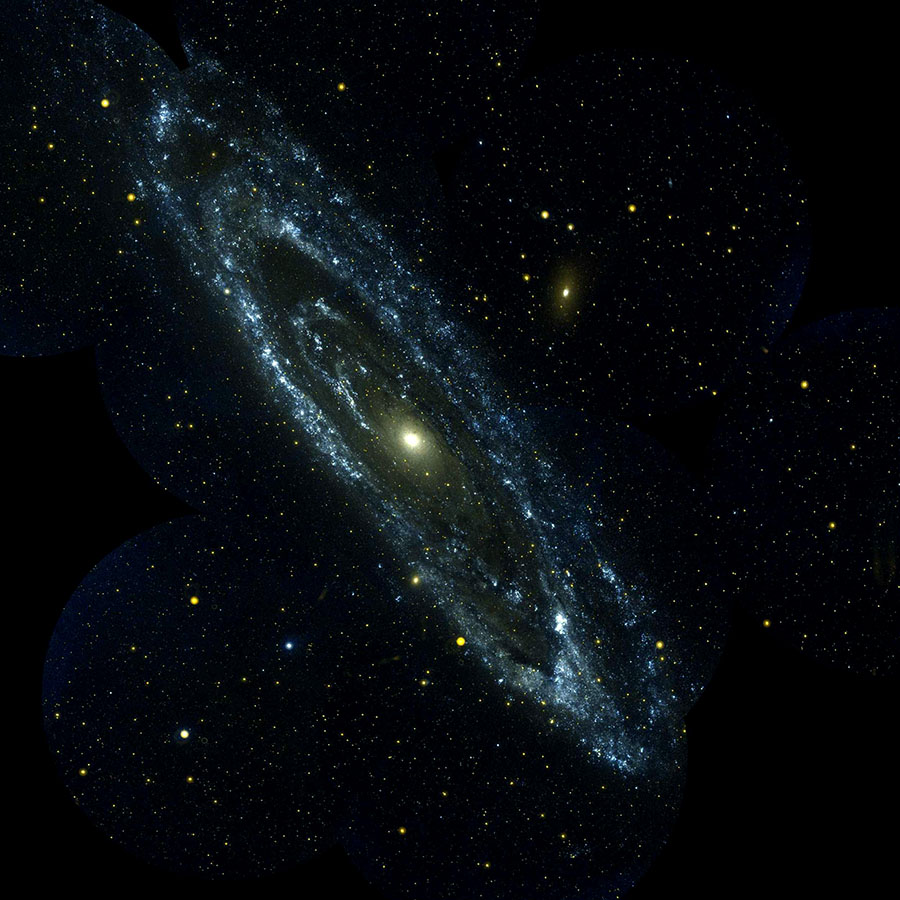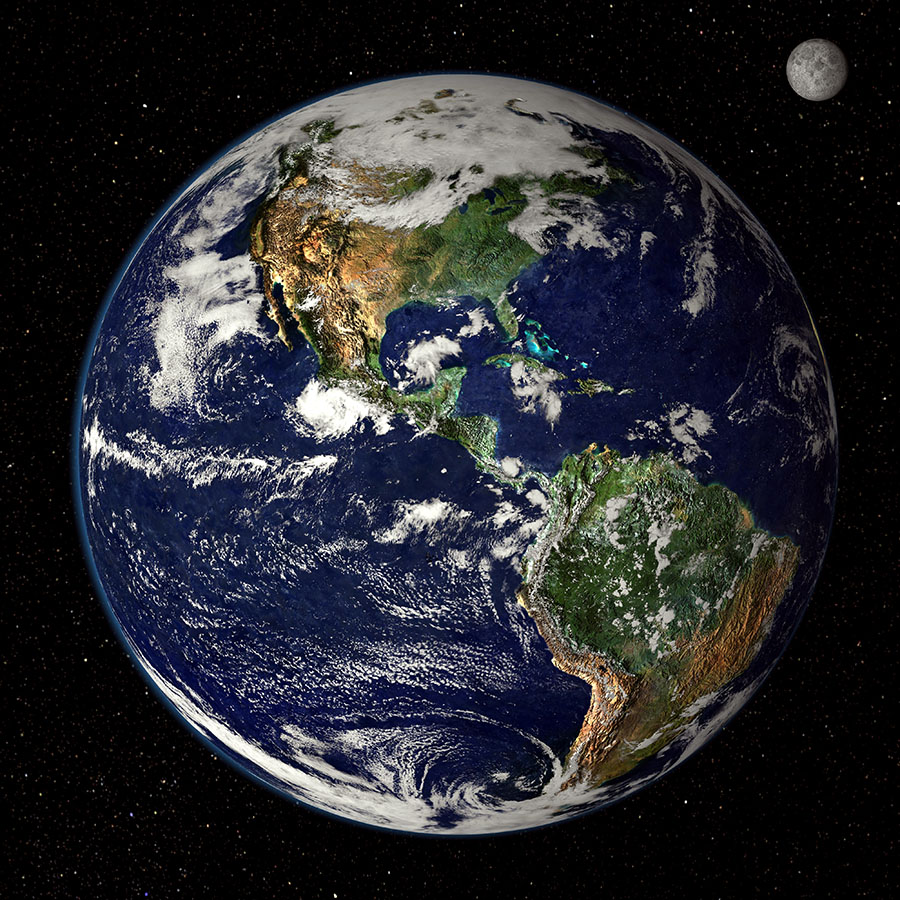Penthouse takes a brief moment to think about some things most of us have probably never considered as we dreamed of being Astronauts.
Penthouse takes a brief moment to think about some things most of us have probably never considered as we dreamed of being Astronauts.
The Effects of Space Travel on Astronauts
What happens to our bodies in space?
Astronauts become TALLER. The lack of gravity causes vertebrae to expand, which lengthens the spine.
Space travel gradually flattens the back of the eyeball. Forty-nine percent of long-flight astronauts report vision problems that can persist for years afterward.
Loss of cardiac muscle leads to reshaping of the heart, making it more spherical. Irregular heartbeats and arterial hardening have also been reported.
Exposure to reduced gravity causes muscle fibers to shrink almost immediately.
In space, an astronaut gets exposed to high levels of radiation, which can lead to radiation sickness, cancer, central nervous system effects and degenerative diseases.
Someone in space loses the same amount of bone mass in one month that a woman with postmenopausal osteoporosis can lose in a year.
Astronauts have been shown to lose 1/4 of their aerobic capacity after just two weeks.
On the other hand, just imagine a view like this unobstructed by the atmosphere:
You would also be at least temporarily free from what can be a hugely annoying bit of modern life. We did think of a real downside, however. The nearest Ben & Jerry’s will be a really long drive.
SOURCE: madgetech / images: Nasa

























